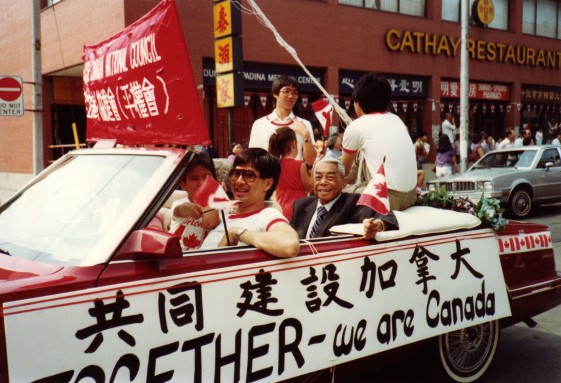Redress incomplete?
By March 31, 2008, the Government of Canada had made symbolic payments to a total of 785 head tax payers or their surviving spouses; of those, fewer than 100 were head tax payers.
Backing up the official apology, the government made ex gratia payments of $20,000 each to head tax payers and their surviving spouses. Those who had not survived to hear the apology, or their descendants, were not compensated.
The government allocated $5 million to a redress fund for the Chinese Canadian community under the Community Historical Recognition Program (CHRP) to help ensure all Canadians learn about their country’s history, including those dark chapters of exclusion of particular minority groups.
For the head tax payers and widows who did not live long enough to see justice done, and for many of their descendants who fought for recognition of their own suffering caused by the racist laws of the past, the official apology and compensation may be seen as “too little, too late.” In particular, some of the elderly sons and daughters of head tax payers have been continuing with the redress campaign, and emphasizing that they too were separated for decades from their fathers, and therefore suffered as direct victims of these racist laws.
Reconciliation: an Ongoing Journey
 The Parliamentary Apology for the Head Tax and Exclusion Act represents an important milestone in the development of Chinese Canadian community, but the community’s journey to justice and full equality did not end there.
The Parliamentary Apology for the Head Tax and Exclusion Act represents an important milestone in the development of Chinese Canadian community, but the community’s journey to justice and full equality did not end there.
Canada as a nation has yet to fully come to terms with its colonial and racist past. While today there are more comprehensive constitutional and human rights protections deterring discrimination against racialized communities, racism remains a reality for many racialized communities.
Full reconciliation between Canada on the one hand and its First Peoples and minority citizens on the other, is key to achieving justice and equality for all. Ongoing community efforts to recognize the historical contribution of Chinese Canadians in the building of our nation are a critical piece in this reconciliation. See New Westminster’s reconciliation report.
Canadians must learn from the past in order not to repeat the same mistakes in the future.







